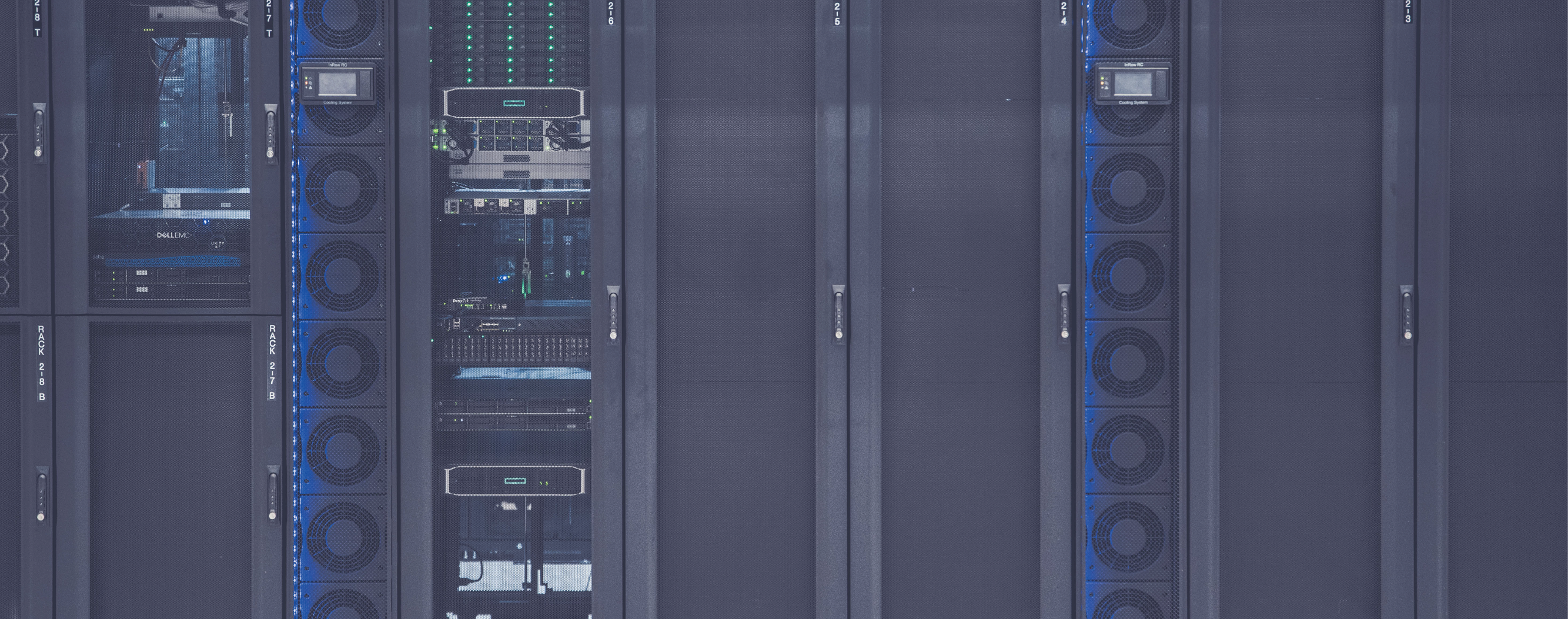
Consumers are demanding access to Wi-Fi. Whether you’re giving vendors and clients access to your work network or allowing employees to use their personal devices, businesses need a guest network.
You’ve been there. That presumptuous person pulls up your network and asks for the password. They’re standing there with their fingers on the keyboard, waiting to type it into the device and store it forever. Then there’s that awkward moment as you decide if you want them to have it.
While there are several good reasons to have a separate guest network, let’s focus on three of the biggies.
1) It keeps the devices on your primary network safer. During a recent training course I was asked a question that stopped me cold. The presenter looked at me and simply asked, “What could I find out about you if I had full access to your phone”. Like all of you, there’s stuff on there that I don’t want everyone going through.
Your work network is the same. When you give someone access to your network, you’re giving them access to every device on that network. It is better to keep repeat, occasional, and one-time guests away from sensitive information. A guest network allows you to separate guest traffic from work traffic.
2) It allows you to control how much bandwidth your guests can access. The wireless routers we install in businesses, like many others, have the ability to limit the amount of bandwidth available on your guest network. You don’t want your guests getting the lion share of bandwidth, while employees try to do their jobs with the remaining scraps. A guest network ensures employees have enough bandwidth to do their jobs.
In some businesses, you may decide to bring in a second internet connection just to power your guest network. This is especially useful when your guests outnumber your employees, such as churches and larger restaurants. Your guests can do what they need to do without slowing workflow.
3) It allows for better passwords. There is a lot of research supporting the need for complex passwords for your business Wi-Fi. Simple passwords get figured out pretty easily. Complex passwords are much more secure.
At the same time, your guests want simple passwords. Have you ever tried to type a 25 digit, random character password on a phone? Don’t do that to your “guests”. Keep it simple and change it as often as necessary.
A separate guest network makes both a secure business password and a guest-friendly password possible.
Wireless devices are multiplying everywhere. Make sure your business has a guest network to make access easy for customers and keep your network safer.




